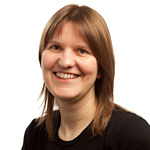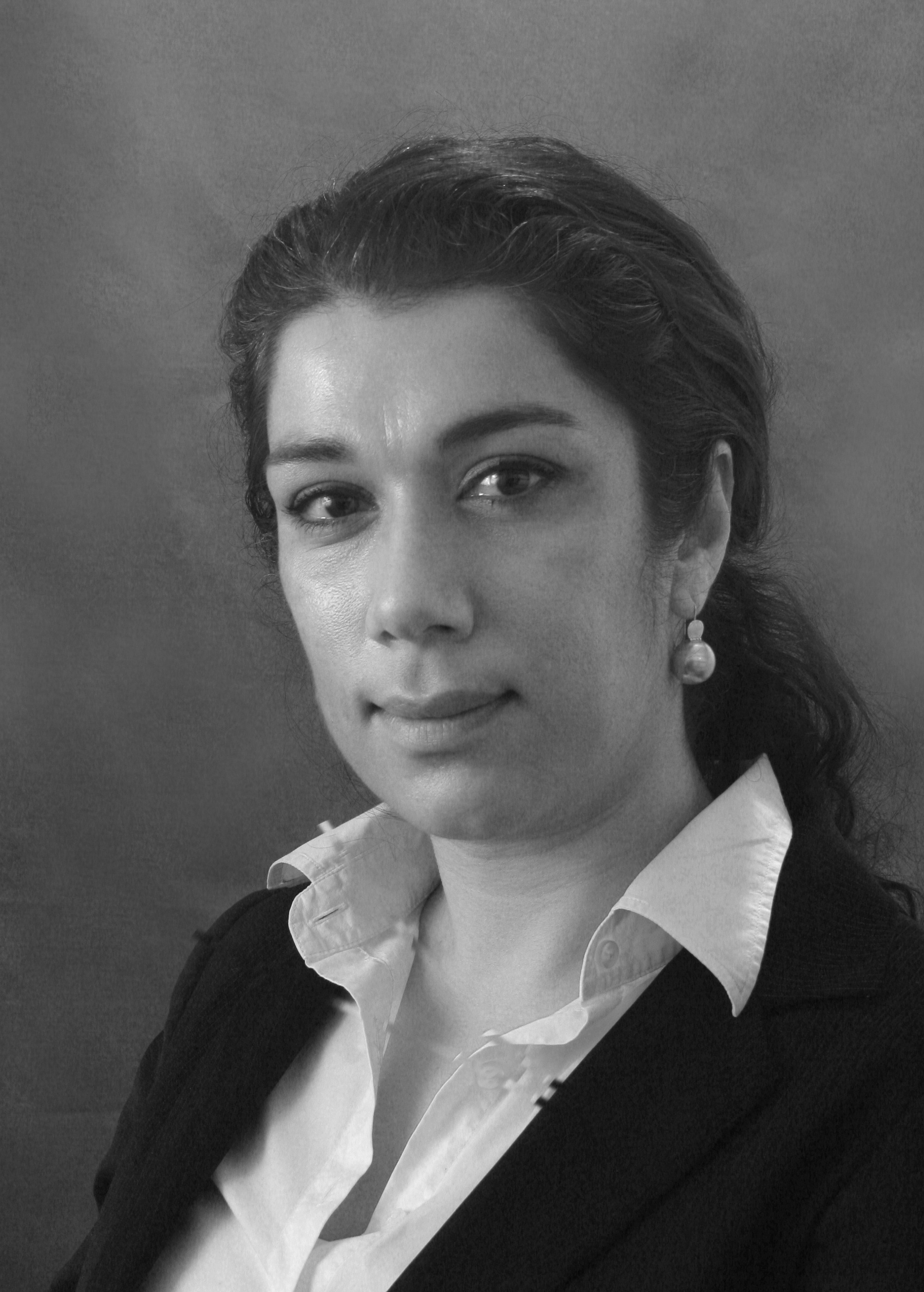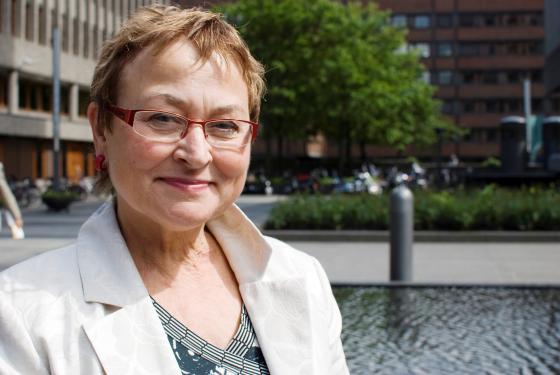More money for networks
Norwegian researcher networks in fields with an uneven gender balance can once again apply for financial support from the Committee for Gender Balance in Research (KIF). The application deadline is November 1st.
“The last time we announced support for networks, it turned out to be very popular. So now we’re launching a new funding round,” says the committee’s chair Gerd Bjørhovde, who is also a professor at the University of Tromsø.
The researcher network Women in Health Informatics at the Department of Computer and Information Science at the Norwegian University of Science and Technology (NTNU) was one of 15 networks awarded funding in 2009. In 2010 and 2011, the network received a grant from NTNU’s gender equality fund, and the network was expanded.
From local to national

Women in Health Informatics began as a network with ties to NTNU. Today it is a well-established network, with 10 to 20 participants who attend the meetings. Although most participants come from the Trondheim region and are affiliated with the Norwegian Research Centre for Electronic Patient Records (NSEP) and NTNU, Oslo, Tromsø and the University of Agder are represented as well. The network is open to everyone who works with or studies health informatics.
“The financial support has allowed us to build a solid foundation for the network and to carry out a number of activities. We’ve had several network trips – to Copenhagen in 2009, Oslo in 2010 and Tromsø in 2011 – and we’ve have established many new professional contacts. We’ve also held two network seminars in connection with the health informatics week in Trondheim. In addition, we have regular local meetings in Trondheim which have both a professional and a social component,” says Gry Seland, a former researcher at NTNU who now works as a senior adviser at the health informatics company Vivit AS.
Seland feels very strongly about what the financial support has meant for the network.
“Additional funding is crucial in the start-up phase to get activities off the ground. Without financial support, we would have to be content with brown bag lunch meetings,” explains Seland, who is also one of four initiators behind the researcher network.
“We’ve become acquainted with each other across research groups, institutional affiliations and universities in Norway, and we’ve also established contacts with Danish colleagues in health informatics at the IT University of Copenhagen and Aalborg University. By meeting in a forum that combines professional and social elements, we’ve been able to discuss topics and challenges that are specific to women in health informatics,” says Seland. She also points out that the participants have agreed to continue the network in the future, regardless of whether they receive more funding.
Think bigger
Funding from the KIF Committee also gave the network Women and Security (WaS) the extra boost it needed to formalize its activities. WaS has formed a board, and currently has more than 100 members. The network has focused mainly on professional seminars and competence-building measures.
“We are a group of diverse members from well-funded institutions that gladly help out and host many seminars. But sometimes it would be nice to have our discussions in a neutral arena and have the chance to bring in relevant expertise from a broader network, both nationally and internationally. Funding from the KIF Committee has given us the extra resources we need to think bigger and see how useful this is for all of us,” says Laila Bokhari, the previous coordinator and one of the founders of WaS.

Bokhari adds that the network has also served as a formal and informal discussion forum for the participants. Social media, such as Facebook, has been an important tool in this regard.
“We’ve held academic seminars on relevant security policy issues, as well as seminars on professional development – that is, training in handling the media, writing courses and leadership workshops. We’ve also paid to bring in interesting external speakers,” says Bokhari.
Bokhari emphasizes that the network meetings have created a platform for the research institutions and the various ministries to discuss their professional areas, identify common interests, raise relevant issues, draw on each others’ expertise, support each other and share ideas about various national and international issues and contacts.
“Our members are women from research institutions, international organizations, the media, various ministries and government agencies. Some are more active than others, but all of them are interested in security policy in a broad sense. Through our network many of us have become better acquainted with each other and each others’ expertise. We’ve gained more attention and achieved a higher profile for our expertise as a group,” says Bokhari.
New funding announcement
Now the KIF Committee is announcing funding for networks with an application deadline of November 1st. This year the committee will allocate NOK 500 000. Each network can apply for a maximum of NOK 50 000.
“Even though we’re really talking about small amounts, the response from last time showed that there is an unmet need. We received 58 application for the NOK 600 000 that was announced in 2009,” says Bjørhovde.
The last funding announcement in 2009 was part of the KIF Committee’s efforts to enhance advancement opportunities for female researchers. The committee also used the announcement to gain an overview of existing networks and to explore where there was a need to support networks of female researchers in Norway.
“Since 2009 the KIF Committee has had a new name – the Committee for Gender Balance in Research. The funding announcement follows up the name change by awarding funding to networks that are concerned with improving the gender balance. Uneven gender balance in the position level above the level of the network’s participants will be one of the selection criteria. This means that men’s networks can apply as well. Established networks, or individuals or groups who want to establish networks, are also eligible. More detailed guidelines for the application process will be given in the funding announcement,” says Bjørhovde, who is looking forward to receiving a large number of applications.
Translated by Connie Stultz.
The Committee for Gender Balance in Research is announcing funding for networks as a means of improving the gender balance among researchers in Norway. A total of NOK 500 000 has been set aside for the measure, and each network may seek up to NOK 50 000 in funding.
The application deadline is 1 November 2011.
Applications must be marked with “Application for network support” and be submitted to the KIF Committee: kif@uhr.no
The contact person is Linda Marie Rustad: linda.rustad@uhr.no
Funding announcement for network support to improve the gender balance among researchers (available in Norwegian only)
